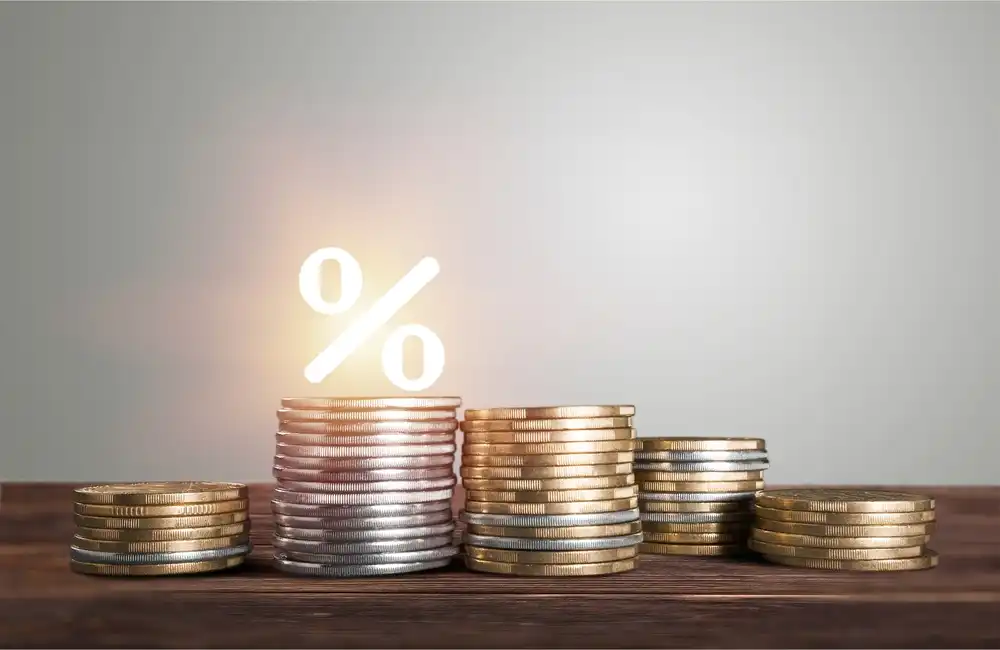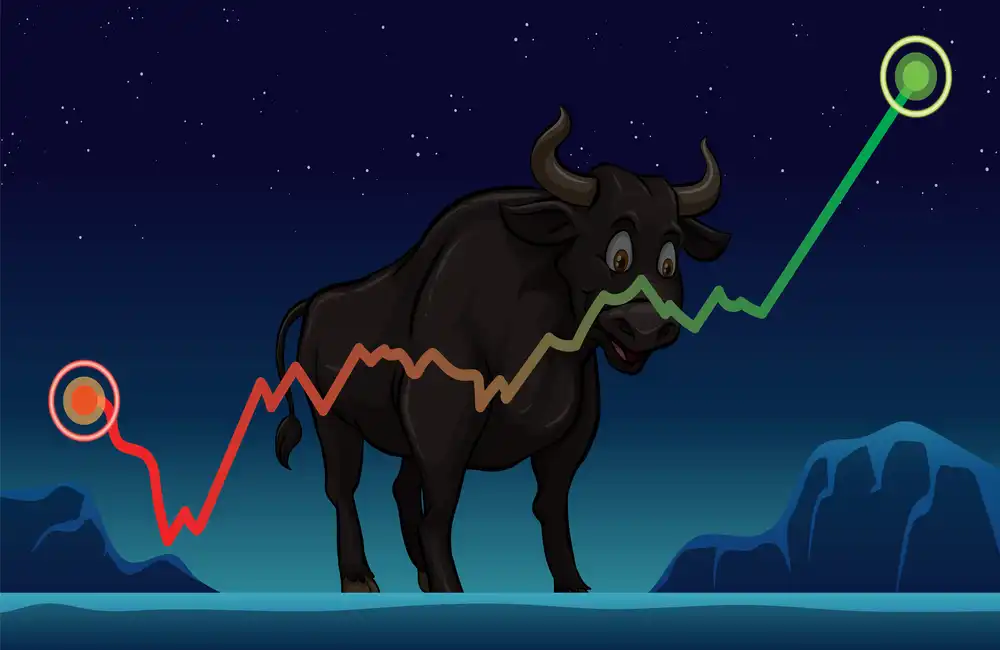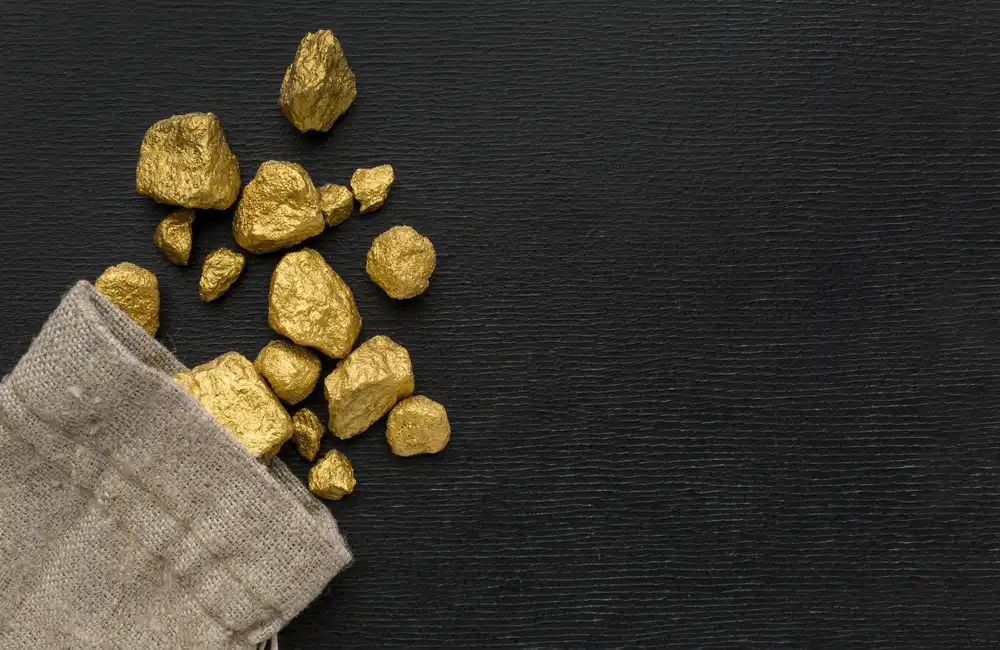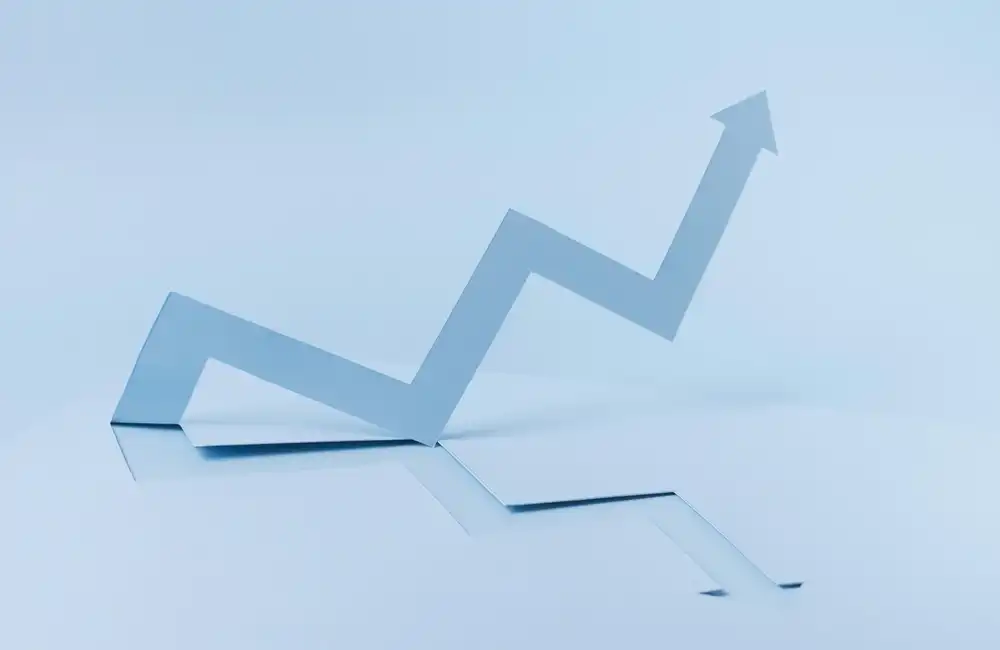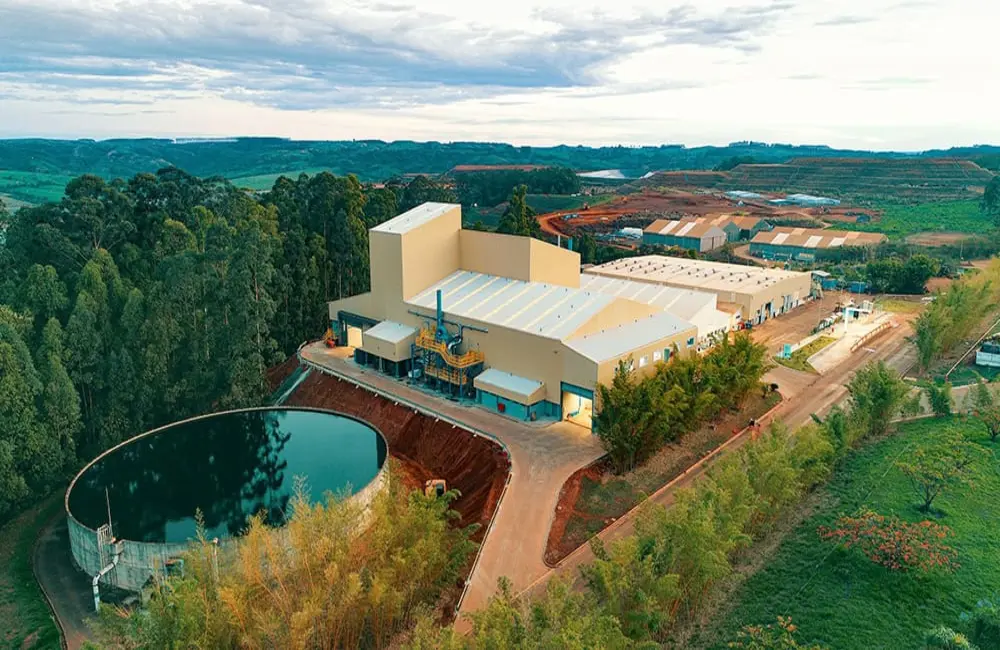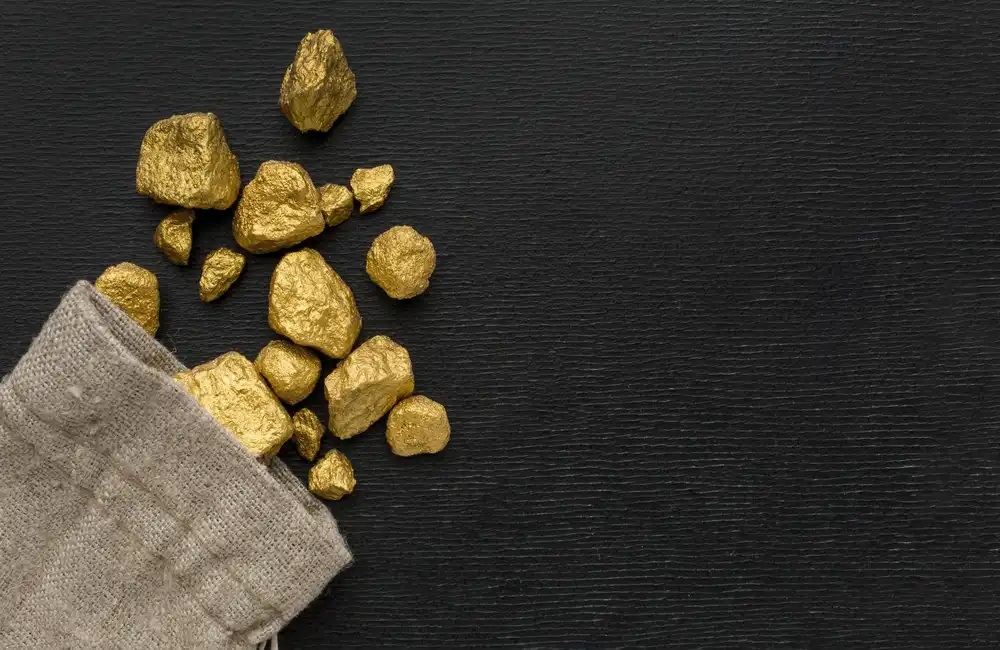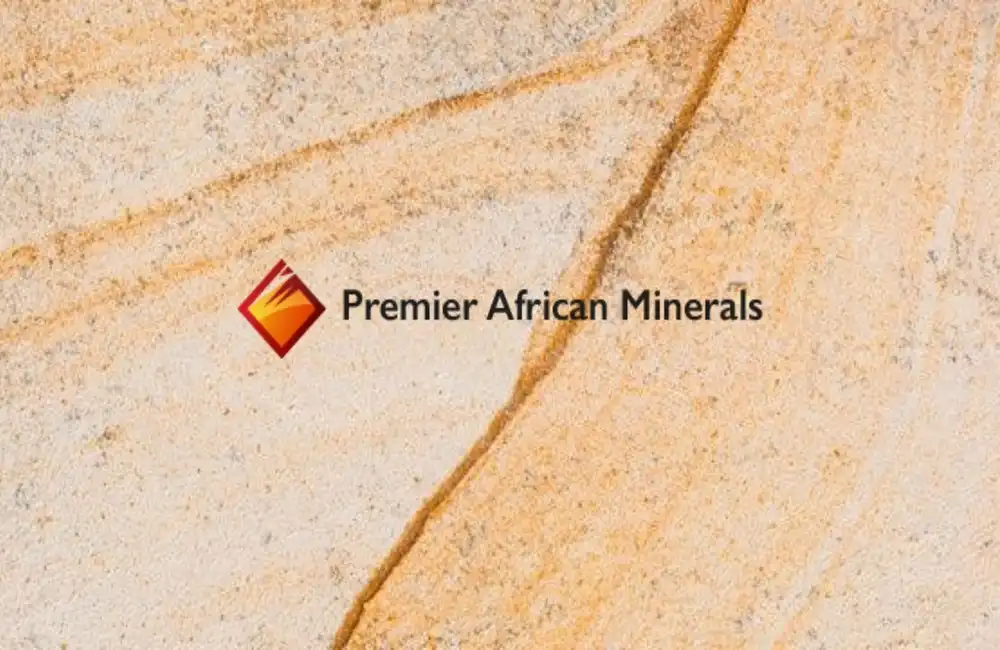Brazilian miner and processor CBMM is ramping up sales of niobium products to battery materials producers, as it looks to expand the adoption of niobium-bearing batteries in high-end industrial and commercial sectors like heavy trucks and equipment, rail and energy storage.
“Despite the pandemic, the war in Ukraine, and an economic slowdown, the world is moving towards electrification. We have been ramping up our investments in niobium-related battery technology," Rogerio Ribas, battery director for CBMM, said in an interview.
Current battery technologies are not serving the high end of the market, he said.
Several joint ventures established by the niobium producer have since opened up with a “very positive response” from development partners, he added.
Lithium-ion batteries modified with niobium, for example, can charge in up to 10 minutes safely and without fire risk, as opposed to equivalent charging of a traditional lithium-ion battery in two-to-three hours, Ribas said. Using niobium-mix metal oxides rather than graphite on the anode side of a battery makes it safer and more price stable, he said.
CBMM, the world largest producer of niobium, plans to invest $80 million to grow its niobium oxides output capacity to 40,000 mt/year by 2030 compared with a current 10,000 mt/year, as it devises a diversification strategy to have 25% of its revenue to come from non-steel products by 2030. At present, its primary production and sales segment is ferroniobium, with a capacity of 150,000 mt/year. Ferroniobium is incorporated to strengthen steel in vital applications such as construction and transport.
The new investment will enable the production of up to 3,000 mt/year of niobium oxide battery grade in 2024 for use in lithium-ion batteries for high-power, long-life, safer and ultra fast charging technologies.
Recent years have seen price volatility and availability issues of various metals affect battery chemistries. With only a few producers providing relatively constant supply, niobium oxide prices have also remained relatively flat, hovering around the $35,000-$40,000 /mt mark, with more than 3% moves either way being an exception, not the rule. Ribas said Chinese production might vary more than output from either Brazil or Canada.
Niobium is cheaper than cobalt, another ingredient it can replace in batteries, but more expensive than nickel.
Partnerships
Seems like demand is spiking fast. CBMM is nearing the sale of 500 mt of a mix of niobium products to China in 2022, five times more than in 2021, Ribas said.
The niobium-bearing battery could last up to 50,000 cycles depending on chemical composition, a fraction of the 3,000–5,000 cycles of a conventional lithium-ion battery, and may also be smaller-sized.
“In China, demand has been growing even through COVID lockdowns,” Ribas said. “The majority (of) the cathode makers we have agreements (with) were shut in the first half of the year so those sales could be greater in 2023.”
The Chinese private-sector cathode-making customers use a minor amount of niobium to stabilize the batteries, to have use in the Chinese and wider Asian market, the CBMM director described. The miner also collaborates with CITIC, a Chinese state-owned trader, which is a shareholder of CBMM.
Some partnerships seem to be thriving. CBMM on Dec. 13, announced a multi-year manufacturing collaboration with the Cambridge, U.K., innovator of battery materials Echion Technologies to construct a 2,000 mt/year facility in Araxá, Brazil, to incorporate anode-grade niobium oxides into Echion´s safe, fast-charge and long-life XNO battery anode material.
Due to open in early 2024, the facility will have the capacity to supply materials equivalent to 1 GWh of battery cell production. This will place Echion as the first supplier of niobium-based battery anode oxides at commercial scale and enable it to serve increasing demand for these products in industrial electrification, CBMM said in a statement.
Echion has just agreed an initial offtake deal for niobium-bearing materials with Morrow Batteries, a battery manufacturer in Norway, Ribas said.
Another partner for development, Nano One Materials Corp, a Canadian maker of cathode materials, is expected to soon scale up and license a niobium-bearing product.
Battery Streak, a US battery firm in which CBMM has a 20% stake, is also expanding in a larger area and employing some niobium in anodes, Ribas said.
Battery Streak purchased approximately 500 kg worth of niobium products this year, and now iron in some applications, and is focusing on the high end of the battery market, with defense, flight motors, medical and power tools and supplying to a number of US companies, he said.
CBMM is ramping up a current partnership with Toshiba out of Japan to boost production of cell A-samples for experimental use in e-buses, heavy trucks and cars.
Next year, it aims to produce 5 mt to 10 mt of niobium to make as many as 10,000 large-format cells, which could be sold commercially at scale if the market embraces this, Ribas said.
“Niobium-bearing batteries are ideal for mining trucks that require power and a long-life battery pack and can't stop for 10 hours to charge,” the CBMM director said.
Ribas also revealed a partnership with Cambridge-based battery start-up Nyobolt, which is using niobium and titanium in battery production and recently raised GBP50 million ($615.70 million) to scale.
Recycling prospects
CBMM is also investigating the optimal processing routes for fully recycling niobium-bearing anodes from batteries.
“The challenge is how to retrieve the batteries,” Ribas said. “This may require establishing agreements with customers globally.”


